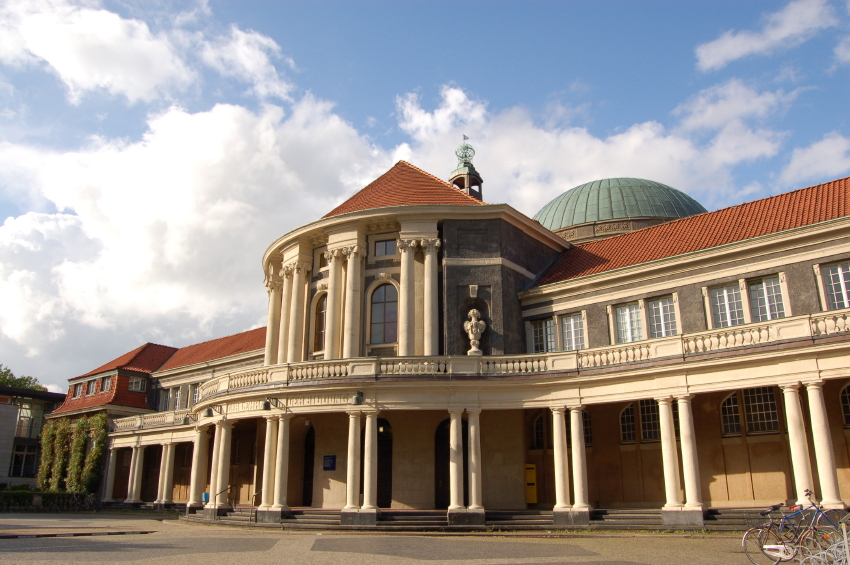Higher Education in Germany

In the German university system there are about 2.6 million students enrolled at about 420 universities in 175 cities all over Germany.
There are three kinds of institutions of tertiary education in Germany:
Universities for scientifically oriented study
At universities you can do a bachelor's or master's degree programme as well as a Staatsexamen in a scientifically oriented study. In a few cases you might still be able to do a Diplom programme. The university usually offers the widest range of studies, however there are universities which specialise in certain disciplines, like technology, medicine or education. These universities also offer PhD programmes.
Universities of applied sciences for practically oriented study
You can get the same degrees as at a normal university. Usually subjects are limited to more practically relevant areas (e.g. Business vs. Philosophy). The main difference is, that you have one 'practical year' during your education. You spend this year working at a company and completing a project for university at the same time. At the moment you cannot do your PhD at a university for applied sciences.
Colleges of art, film and music for artistic study
You can study artistic or design related subjects for either a bachelor's or master's degree - in a few cases you can do a Diplom programme. Colleges of art, film and music have usually special admission requirements and candidates should posses artistic talent. At some of these colleges is also possible to do your PhD.
Most universities in Germany are public institutions that receive funding from state and federal government. There are also about 40 church affiliated universities and over 100 private universities, which offer also officially recognised degrees. Most of the private universities are universities of applied sciences.
In total there are about 9000 undergraduate programmes and about 7000 graduate programmes in Germany.
The universities in Germany award mainly five different degrees:
Bachelor's degree
- 1st academic degree
- There are several kinds of Bachelors: Bachelor of Science, Arts and Engineering. Additionally there is the Bachelor of Laws, Education, Fine Arts, Musicand Musical Arts.
- 6 to 8 semester undergraduate study programme
Master's degree
- 2nd academic degree following successful completion of a bachelor’s degree
- 2 to 4 semester advanced study programme
State examination Staatsexamen
- State certificate awarded to medical doctors, pharmacists, jurists and teachers
- In these subjects, the Bachelor's and Master's degrees have not been introduced and you can only work as a lawyer, doctor or pharmacist if you completed the Staatsexamen.
Diploma Diplom
- German academic degree, equivalent to a master’s degree
- Most Diplom programmes have been replaced by equivalent bachelor’s and master’s degree programmes.
Doctorate
- Academic degree following an awarded master’s degree, state examination or Diplom from a university or a college of art, film and music
- 4 to 10 semester study and research programme and completion of a doctoral thesis
- There are three different ways to do your doctorate:
- Classical doctorate: You write one scientific paper or book at a length of about 300 pages. The classical version of the doctorate is becoming less and less common in Germany.
- Cumulative doctorate: You hand in 3 to 4 papers which have to be published in scientific journals.
- PhD doctorate: You hand in papers - accompanied by a curriculum of different courses over 4 semesters.
